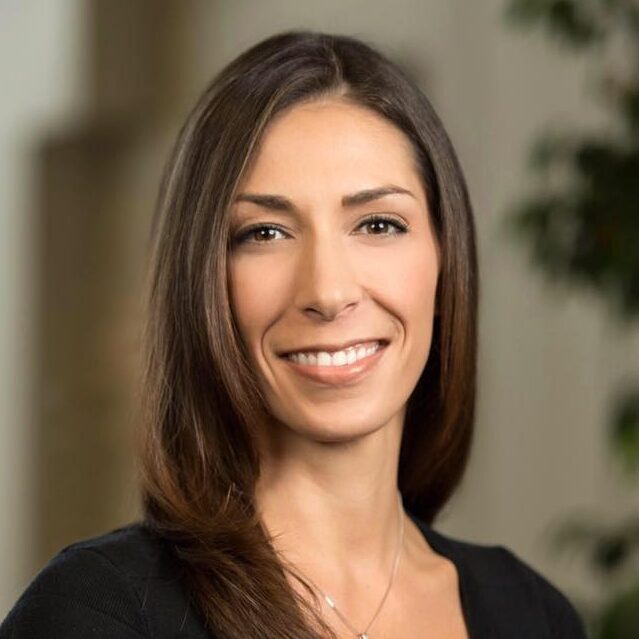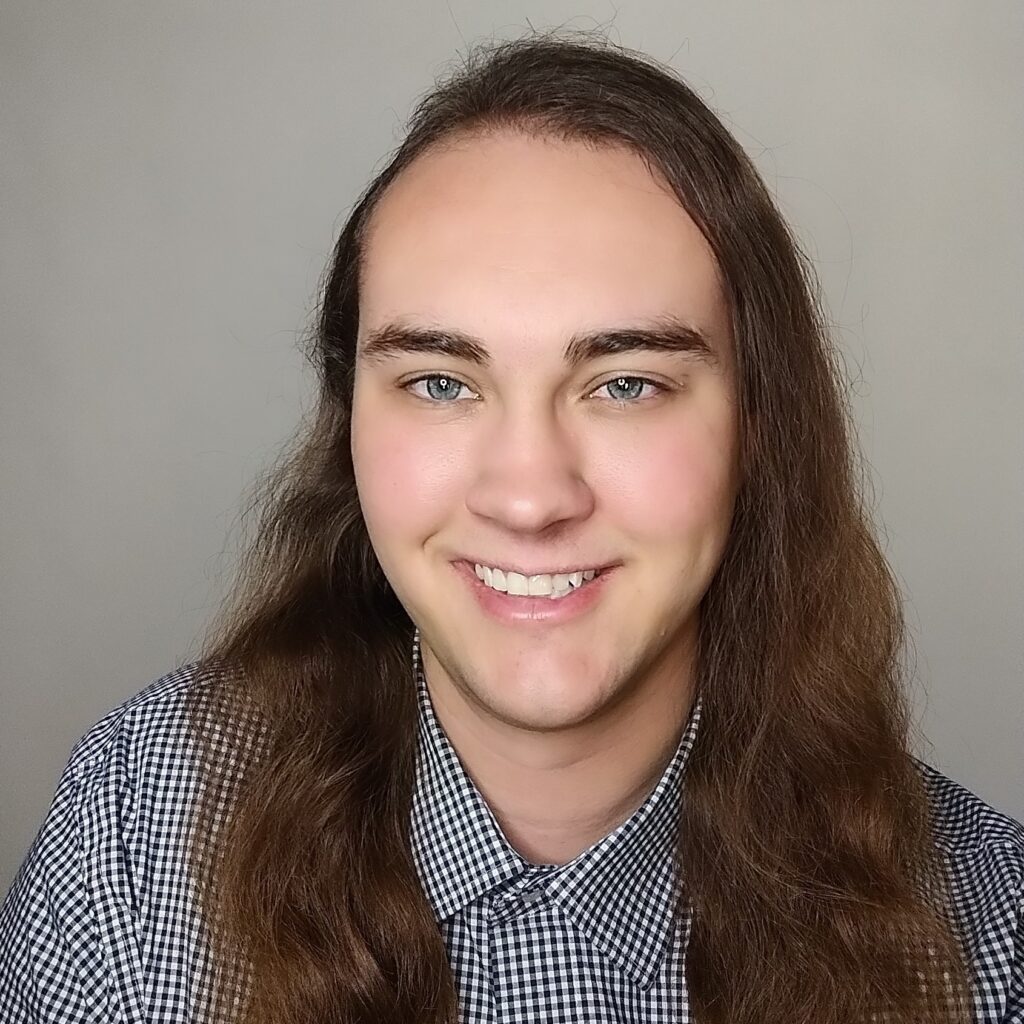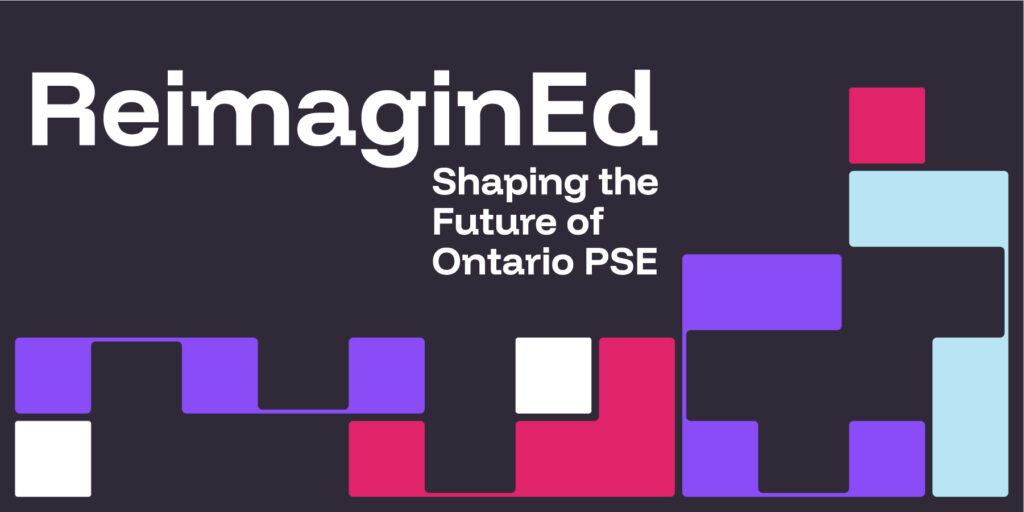

On November 7, HEQCO will hold its tenth annual conference, ReimaginEd. This year’s event is focused on system design and will feature over 50 speakers across 12 different sessions exploring innovative ways to make improvements across the field of higher education.
As we approach the conference, we’ll be featuring conversations with some of the speakers to learn more about the work they’re doing.
Onawa LaBelle and Mack Park will be participating in our community café session, “Access for All: A Showcase of Campus Student Support Initiatives.” Attendees will have a chance to rotate through the room and hear about various student support initiatives.
We asked Onawa and Mack about their work with students in recovery programs like Lancers Recover: Addiction Recovery Support on Campus.
HEQCO: Can you describe your involvement in the Lancers Recover Program at the University of Windsor?
Onawa: I founded Lancers Recover back in 2020 with a small student mental health grant. My passion for this comes from personal experience — I was part of a collegiate recovery program myself during grad school, and I know how transformative that support can be. When we started, there was only one recovery program in Canada, at UBC, and now there are close to ten, with a couple dozen more in development. I’m proud that Windsor has played a role in helping to grow this movement nationally.
Mack: I was one of the first couple of students to participate in the program when Dr. LaBelle was getting started. I got an outstanding scholar research position to help support the development of the program so that we could ground it in evidence-informed best practices and gather data to inform its future directions. After a year or two, I was hired as the program coordinator and had the privilege of working to help the program grow. Now, I work for the Association of Recovery in Higher Education (ARHE), which supports the development and sustainability of all collegiate/student recovery programs internationally, and of which Lancers Recover is a member. This means I can continue to advocate for the program, even if I’m no longer involved in its day-to-day operation.
HEQCO: You are advocates for increased accessibility to recovery programs; what are some of the benefits of programs like this that people may not know about?
Onawa: People are often surprised to learn how well students in recovery do when they’re supported. They tend to have higher GPAs, graduate at higher rates and have much lower relapse rates. But it’s about more than grades — it’s about belonging. Recovery programs reduce stigma, give students safe spaces and sober social options and actually make campuses healthier overall. They also help friends, families and allies, so the impact reaches way beyond the students in recovery themselves.
Mack: I couldn’t have said that better. I’d simply add that in addition to providing support for students already in recovery, these programs also support students interested in or seeking recovery and help them to navigate what recovery looks like for them. These programs also serve as a bridge to obtaining higher education for students most impacted by the war on drugs and/or experiencing social barriers to returning to school.
HEQCO: What tips do you have for those looking to implement a program like this on other postsecondary campuses?
Onawa: The first step is always to listen to the students and let them shape what’s needed. Then, don’t try to reinvent the wheel — there are great models out there through ARHE and through the Canadian Campus Recovery Collaborative, which has been a big part of growing these programs here. And work hard on getting institutional buy-in early — having staff and even a modest base of funding makes a huge difference. Finally, recovery programs work best when they’re not off in a corner; they thrive when they’re woven into the campus culture, connected with wellness services, faculty and community partners.
Mack: There are so many tips, but research has been done that identifies some of the most important components of a successful and sustainable program. These include staff, space, student buy-in and support (institutional and financial). Thriving programs are treated like an essential part of student services. As was already mentioned, one doesn’t have to reinvent the wheel as these programs have existed since 1977, and there is extensive literature to support their efficacy. There are so many networks and connections of people willing to support new programs — you just have to ask!
To hear more from Onawa and Mack about student recovery and programs like Lancers Recover, register now for ReimaginEd and be sure to attend our community café session on November 7 at 1:30 pm.

